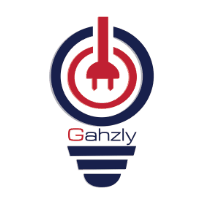Here are our top 10 tips to optimize the on page seo of your Website
1. Create high-quality content
What is important in optimizing and improving the on-page seo of the blog is to produce the best possible content. Quality content that interests your audience. Content that solves the nagging problems of your audience while offering them what they are in search of.
2. Optimize titles
The headline may be the initial thing your readers see therefore it must seduce them. It’s also the section that is first Google takes into account to rank a typical page. To enhance the on page seo of your website, you need creative titles but in addition optimized and also the main keyword has to arise in the titles.
Use the 70 characters Google displays in search results and make use of the main keyword. The greater at the beginning of the title the greater.
3. Optimize URLs
Although some CMS like WordPress or Blogger create URLS automatically, if you want to enhance the seo that is on-page of website, always personalize them. The URL of one’s blog post has got to be short but abundant with content and relevant. Eliminate empty spaces by using hyphens between words.
4. Create links that are internal
Each time you write an article that is new the blog, create links in content that result in other articles on your blog as long as they truly are related, needless to say. Why?
1. You give Google ways to navigate your website and may rank it better because the links assist to transfer authority from 1 page to some other and reinforce the thematic relevance.
2. You give your readers valuable information as you enrich your content with other useful information. Have a look at point 6 and you’ll see what we’re talking about.
5. Connect to external pages
Linking external websites offers great value to your visitor as it gives them more info by what you’re talking about, of course, you really need to link to pages related to your content within the anchor text.
6. Optimize your images
Optimise the weight and size of the images before uploading them to the article.
Add the “alt” tag to any or all images, using the main keyword.
Fill out the “Title” label descriptively and making use of the keyword that is main.
Add a description towards the image.
Use an image compressing plugin like Smushit for WordPress.
7. Publish regularly
Google likes websites that are updated often. So create an editorial calendar and follow it. You don’t need to post every day but do it more often than once a month. And stay regular. On the same day and at the same time if you decide to publish once a week, always do it. Your readers will appreciate it.
8. Optimize content
The body of this article is where you need to work the hardest as it’s exactly what your visitors will read. We now have said it before but we repeat: the content is offering great value to your audience and get of great quality. Focus on solving problems for the readers and provide them what they are looking for.
Having said that, to boost the on-page seo of your website, your primary keyword needs to can be found in your body but additionally variant words associated with the keyword that is main other related keywords and synonyms. Why?
Because Google doesn’t rank a page using only a keyword that is single it analyses most of the content (on-page seo ) and external factors (off page seo) to see in the event that content is applicable.
9. Optimize meta descriptions
The description that is meta of page or blog is exactly what appears when you look at the search engine results underneath the title and URL.
Aside from being among the factors that Google uses to rank a web site, it’s one of the best methods to invite visitors to click on your own article and not another.
The meta description should be seductive and suggestive for a person to click on your post.
10. Optimize the loading speed
Another very factor that is important enhance the on-page seo of one’s website is the loading time. The reduced it is, the better, because Google likes pages that load fast. You’ll want to ensure that it stays under 0.5 seconds. The person who clicked on your link might get bored and click the back button in addition, if it takes ages to load. You can check your page speed utilizing the page speed insights tool.
You think there are other approaches to improve the on-page seo of your blog? Is it possible to inform us your secrets? Leave comment below and discuss everything you do in order to optimize your site.
[ad_2]AUTOPOST by BEDEWY VISIT GAHZLY


